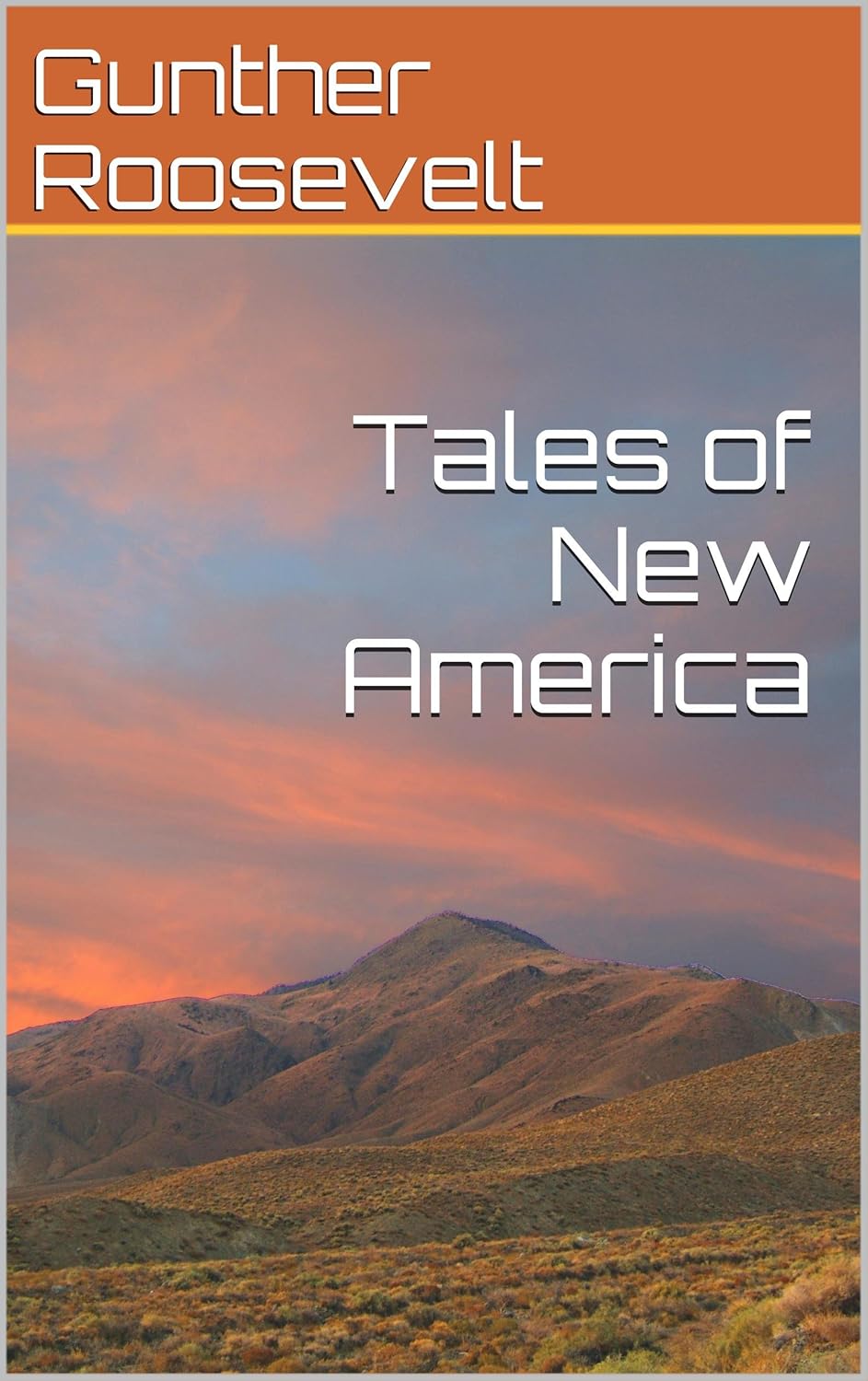FP is the first to review Come and Take Them, by Tom Kratman.
Tom Kratman is one of
today’s premier practitioners of military-oriented fiction. His
“CarreraVerse” SF series and his “Countdown”
just-barely-future series both display his talents in that genre.
Come And Take Them is the latest entry in the “CarreraVerse”
line, wherein retired soldier Patrick Hennesey di Carrera returns to
the colors in service to his adopted home of Balboa on Terra Nova,
against all enemies foreign and domestic, and in so doing reshapes
the politics of his world.
designed world. The hypothesized race that designed it,
conventionally called the Noahs, appear to have intended it for
eventual human occupancy. Whether they knew that Man would bring his
legacy of strife along with him, no one can say. In any case, the
inter-religious and international animosities that gave rise to so
much warfare on Old Earth have found their way to the new world, and
Carrera has been in the thick of them for five volumes with more to
come.
of Balboa owes its current political structure and much else to
Carrera and President Raul Parilla. That structure depends heavily on
the Legion del Cid, created by Carrera and Parilla to provide
Balboa with a military of high quality. It has also been an
instrument for the transformation of their nation, as readers of the
first three books — A Desert Called Peace, Carnifex, and The
Lotus Eaters — will already be aware.
Terra Nova are not happy about Balboa’s acquisition of such a
powerful, politically dominant fighting force. To Balboa’s west, the
Tauran Union, a multinational alliance in the style of today’s
European Union but with many more soldiers and guns, seeks to
impose its will on the small republic. It’s an effort in which the
Taurans have the support of the orbiting “Peace Fleet” from
Old Earth. Nominally there only to suppress warfare below, the Peace
Fleet has the additional mission of preventing Terra Nova or any of
its nations from becoming capable of threatening the corrupt
hereditary oligarchy that bestrides the mother world. To that end,
its masters would dearly love to see the threat of Balboa put down
for good.
concerns itself with events before and during the Tauran Union’s
attempt to evict the Carrera-designed government of Balboa, and to
install a puppet regime biddable by the TU’s masters. Its timespan is
roughly coextensive with that from the end of The Lotus Eaters
through the events of The Amazon Legion. As one might
expect of a novel from a specialist in military fiction, much of the
book is concerned with war and the preparations for it. However,
Kratman has another mission alongside that one: to depict the
swelling of regret within Carrera himself over having militarized his
nation, thus exposing it to the enmity of the Taurans and others.
bloodshed, and is particularly contrite about the all but certain
high price his nation will pay when it faces off against the Taurans,
as he believes, correctly, it must. However, he’s a soldier, bound to
his profession as much by its ethic as by his aptitudes and
experience. Despite the certainty of mass death, he contrives a plan
by which his tiny republic can defeat the far larger Tauran Union,
and in so doing create a continent-sized political upheaval that
might result in a new birth of freedom for millions beyond Balboa’s
borders.
is a big book, replete with plot subthreads and secondary adventures
in which Supporting Cast characters rise to local prominence, whether
they live and triumph or fail and die. There are splashes of highly
colored drama throughout the action. The reader is advised to give it
his full attention, perhaps with the aid of a large map of Balboa and
a lot of little counters to represent the units fighting over it. A
dramatis personae annotated with character sketches and
timelines might also be advisable. Though it must be read slowly and
with concentration to get the maximum enjoyment from its richness,
the effort is amply repaid.
segments in the “CarreraVerse” series. The best way to
prepare for them is to absorb this one in all its bright and gory
spectacle, and to reflect on the questions that forever hang over all
tests of arms: How high a price ought one to be willing to pay for
one’s objectives? At what point must a man, a commander, or a nation
say, “Enough,” and act accordingly?
question may change according to whether the lead is or is not
already flying, but its urgency does not. From the vengeance and bloodshed of A Desert Called Peace and the steady army and nation-building of Carnifex and The Lotus Eaters, Come And Take Them continues the completion of a portrait of patriotism, heroism, and the ultimate price that must be paid in their service. Highly recommended.





